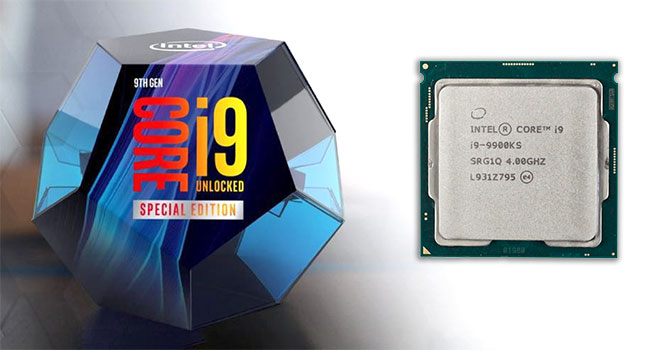Is it common knowledge? That strikes me as an incredibly difficult thing to quantify using a sweeping generalization. There are massive variables that effect the outcome of the data. IPC is extremely difficult to gauge for gaming because IPC is unique to every individual workload. Not to mention memory latency and GPU bottlenecks that influence results.
The 10400 and and 3600 have equal core/thread counts and roughly equal stock clock speeds. In this 25 game benchmark the 3600 wins the overall FPS averages.
Why does the 3600 win? Because the 10400 is running 2666 memory on a b460 board vs the 3600 running at 3200 on x570.
Unless you run testing across a huge swath of games, at multiple fixed clock speeds, with multiple memory clocks, with XMP vs optimized timings, at multiple resolutions, with multiple quality settings, the generalizations are mostly meaningless. All of these factors will vastly effect how performance scales in video games. Even a handful of games would take a ton of benchmarking to account for these variables. Without these variables factored in I wouldn't trust any broad conclusions.
I think it's a fools errand anyway. Who cares? Intel is faster at gaming in CPU bound scenarios. No need to muddy the waters with a much more difficult to quantify gaming IPC comparison.





